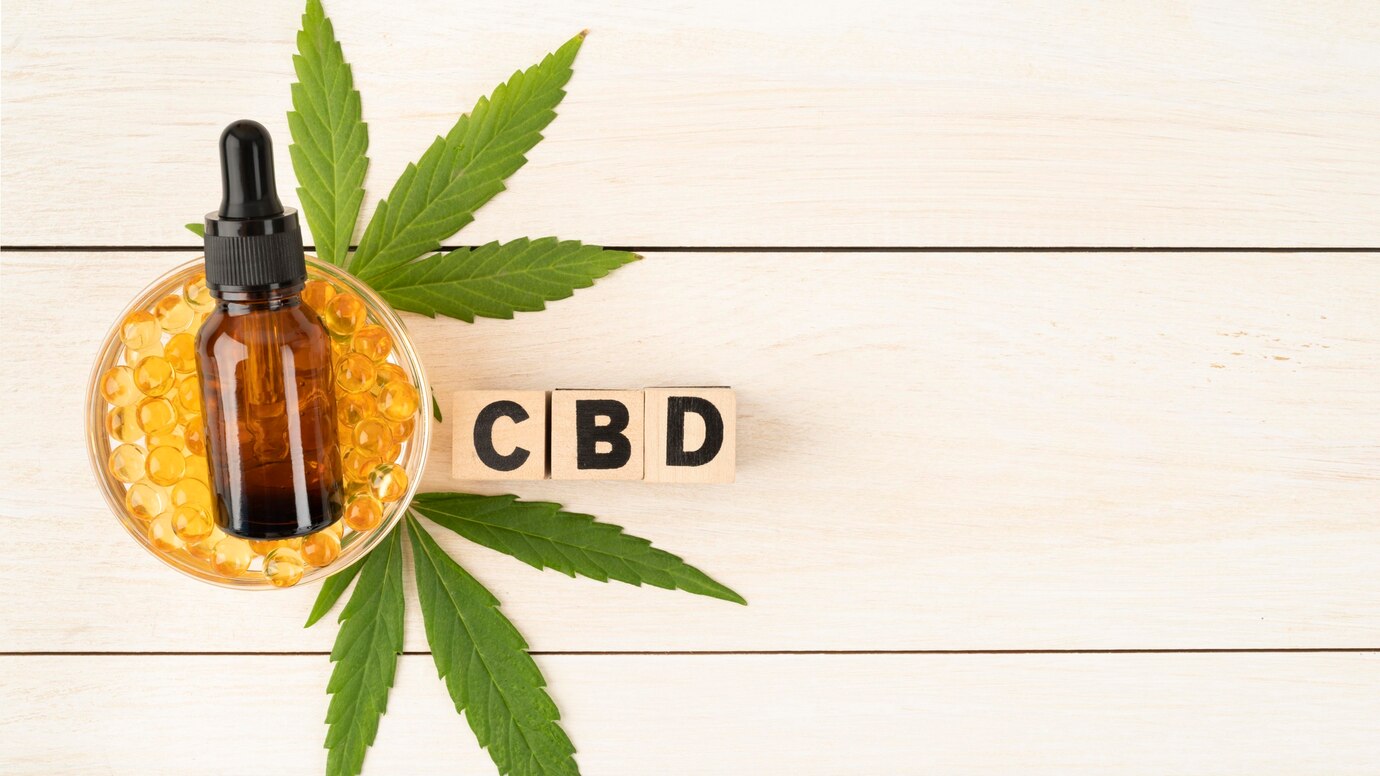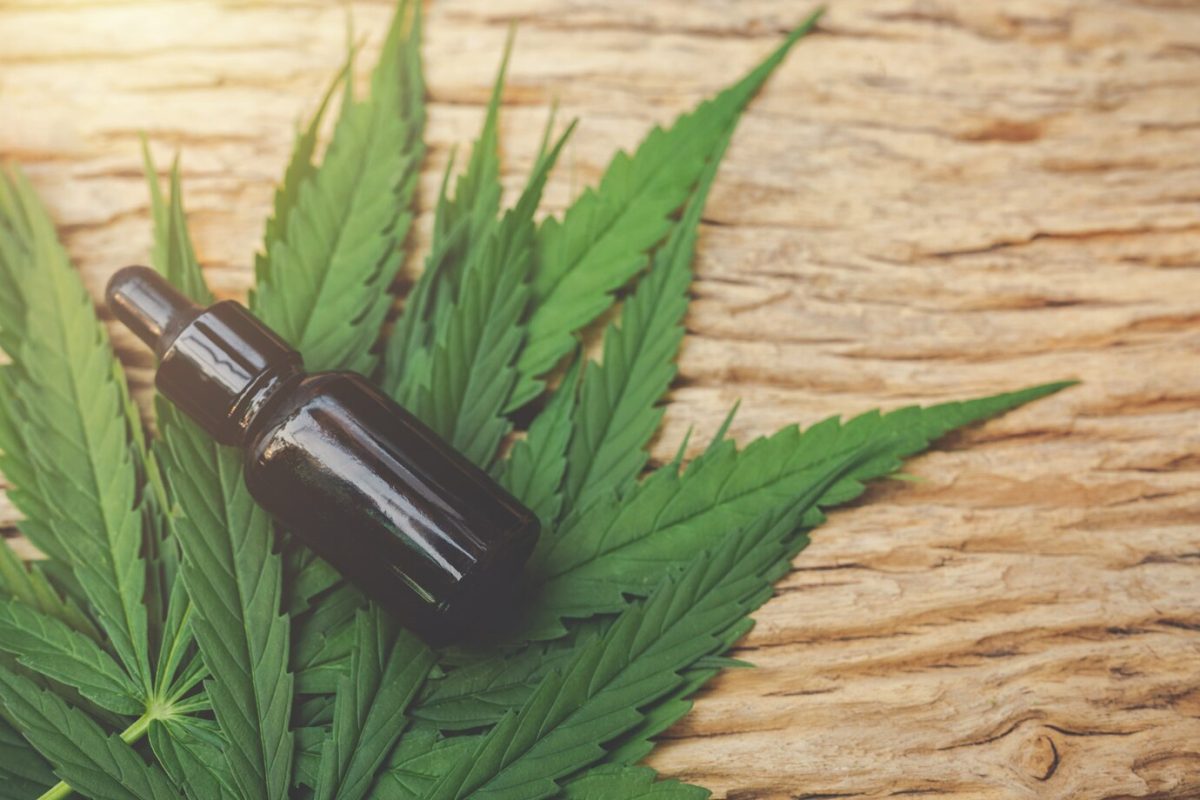Hemp, a plant that has been cultivated for thousands of years, is finally getting the recognition it deserves. Whether you’re a health enthusiast, an eco-conscious consumer, or just someone curious about alternative wellness options? Hemp has something to offer.
This guide will help you get a better understanding of hemp, its forms, nutritional benefits, health advantages, and an enormous range of applications that have made it a versatile and valuable plant in the modern world.
What is Hemp?
Hemp, also known as Cannabis sativa, is a plant that has been cultivated for thousands of years. Unlike its close relation, marijuana, hemp contains low traces of tetrahydrocannabinol (THC), the psychoactive compound behind the high of cannabis. By law, hemp is required to contain no more than 0.3% of THC, rendering it non-psychoactive and safe for a variety of uses.
In the past, hemp was put to multiple uses, such as producing textiles and paper to even food and being used as a medicinal herb. Today, the potential of hemp across most industries, through the value chain to include health, construction, and environmental sustainability, cannot be underestimated.
Different Forms of Hemp
Hemp can be converted into several forms, each having very different properties and uses. Here are the main forms of hemp:
1. Hemp Seeds
Hemp seeds are the edible seeds of the hemp plant. They are very small brown seeds full of healthful fats, proteins, and minerals. They are consumed raw, cooked, or even roasted. More so, the seeds are readily used in making smoothies, salads, and even for baking.
Key Benefits:
- Rich in omega-3 and also omega-6 fats
- Rich in proteins as it contains all essential amino acids
- Rich in essential minerals such as magnesium, zinc, and iron.
2. Hemp Oil
Hemp oil, also known as hemp seed oil, originates from hemp seeds. Naturewise, this oil is used in dietary supplementation and, commonly, in moisturising skincare products. It should not be confused with CBD oil, which comes from the leaves, flowers, and stalks of the hemp plant.
Key Benefits:
- Great source of essential fatty acids
- It does not clog skin pores and is thus ideal for softening inflamed skin applications.
- Can be used in cooking as an alternative healthy oil.
3. Hemp Protein
Hemp protein is native to hemp seeds and is derived as a popular plant-based protein powder. It forms a great source of protein for vegetarians, vegans, and individuals seeking to improve their protein intake most naturally.
Key Benefits:
- Contains all essential amino acids.
- High in fibre, therefore supporting digestion.
- Supports recovery and muscle growth.
4. CBD Oil

Derived predominantly from cannabidiol, CBD oil is extracted from the flowers, leaves, and stalks of the hemp plant. It is relatively lower in CBD levels compared to CBD oil but is rich in another compound believed to have potential therapeutic traits. The primary uses of CBD are to relieve pain, alleviate anxiety, and aid in sleep.
Key Benefits:
- It is legal in many countries and non-psychoactive.
- It shows the potential to reduce stress and anxiety.
- It holds the potential for the alleviation of chronic aches and inflammation.
5. Hemp Fibre
Hemp fibre comes from the stalks of the hemp plant. It is one of the strongest natural fibres, and therefore it has many applications. Hemp fibre is used in the textile, rope, paper, and even in producing biodegradable plastics industries.
Key Benefits:
- Strong, durable, and biodegradable.
- Used in sustainable construction materials.
- Suits perfectly for eco-friendly clothing and accessories.
Health Benefits of Hemp
Hemp is not only versatile but also it is full of health benefits. Hemp is going to offer you benefits galore if you use it either in your diet or in your everyday life.
1. Supports Heart Health
The omega-3 and omega-6 essential fatty acids can readily be found in hemp seeds and hemp oil. These good fats are known for helping the heart by reducing inflammation, which translates to better cholesterol levels, and lowered blood pressure. In this light, it can be said that consuming hemp regularly leads to a healthier cardiovascular system.
2. Boosts Skin Health
Hemp oil has become popular again for use in skincare products because it functions as a moisturiser and anti-inflammatory. It soothes dry skin, eczema, and other problematic skin conditions. Fatty acids in hemp oil aid in keeping moisture on the skin from evaporating.
3. Digestive System
Hemp seeds are an incredible source of dietary fibre, critical to maintaining good digestion. Fibre works by regulating bowel movements, preventing constipation, and taking care of a healthy gut microbiome. Adding hemp seeds to your diet would therefore ensure and enhance digestive health.
4. Promotes Muscle Recovery
Hemp protein contains all nine essential amino acids, making it a complete protein. Amino acids are essential for muscle growth and repair; therefore, hemp protein should be a useful supplement for professional athletes and fitness enthusiasts. Besides, hemp is popular for being easily digestible, so expect to absorb nutrients efficiently.
5. May Reduce Anxiety and Stress
CBD oil, derived from hemp, is known for its calming effects. By interacting with the body’s endocannabinoid system, it helps control mood, stress responses, and sleep. Chronic use of CBD may be significantly beneficial in reducing anxiety and improving sleep quality, thus generating better mental health.
Nutritional Elements of Hemp
Hemp itself is a nutrition powerhouse with a wide range of nutrients essential for overall health and well-being.
1. Protein
Nutrients in hemp seeds are a rare complete source of protein; all the amino acids can be absorbed by the body. This makes hemp one of the best sources of protein for vegans and vegetarians who have limited options for gaining the essential amino acids, and even those who just want to limit their intake of meat.
2. Healthier Fats
Hemp seeds and hemp oil fall under the category of polyunsaturated fats, with an abundance of omega-3 and omega-6 fatty acids. These are the good fats required for the brain, to keep the heart healthy, and help fight inflammation.
3. Fibre
Hemp seeds are a great source of dietary fibre, which is essential for digestion and maintaining a healthy weight. Fibre from the seeds also controls blood sugar levels and minimises the risk of type 2 diabetes and other serious diseases associated with malfunctioning metabolic processes.
4. Vitamins and Minerals
Hemp is a good source of these important vitamins and minerals. Magnesium, iron, zinc, and vitamin E, among other important elements, largely contribute to diverse actions in the human body, from boosting the immune system to guaranteeing bone health.
Wide-ranging Applications of Hemp
Hemp’s versatility extends beyond health and nutrition. Because of its sustainable and eco-friendly nature, this plant has applications in very different industries – from building industries to fashion.
1. Sustainable Construction Materials
Hempcrete, made from hemp fibres and lime, is an up-and-coming alternative to traditional concrete. It is lightweight and strong, and the insulator is ideal. On the other hand, traditional buildings have a higher energy demand, and their carbon footprint is relatively high.
2. Eco-friendly Textiles
Hemp fibres are used in producing sustainable textiles in the form of clothes, bags, and accessories. Hemp fabric is strong, durable, and mould- and UV-resistant. Besides, it is biodegradable, making it friendly to the environment and, therefore, fitter for use by fashion enthusiasts.
3. Biodegradable Plastics
Biodegradable plastics are replacing the non-biodegradable conventional methods to construct the same with hemp into packaging, automotive parts, and so many other uses that help reduce plastic waste and pollution.
4. Nutraceuticals and Supplements
Nutraceutical is a major application of hemp-derived products such as CBD oil and hemp protein. These range from pain-relieving to digestion-enhancing molecules and, therefore, find a rapidly increasing consumer base in health-conscious individuals.
6. Animal feed
Hemp seeds and hemp meal can serve as good animal feed. They produce high-protein, nutrient-rich food for livestock and ensure healthier and more sustainable livestock farming.
Conclusion
Without a doubt, Hemp is an amazing plant that comes in varied forms, health benefits, and nutritional makeup. It has much for everyone: diet, heart health, or sustainability. With the world recognising this ancient plant’s potential, there is no doubt hemp will become a mainstay in health and wellness as well as sustainability.
Krush Organics has the best hemp products to ensure that everyone who wishes to explore the benefits of hemp, finds something to suit their needs while enhancing well-being naturally. Discover the power of hemp and take one step in the right direction for a healthy, sustainable future.

